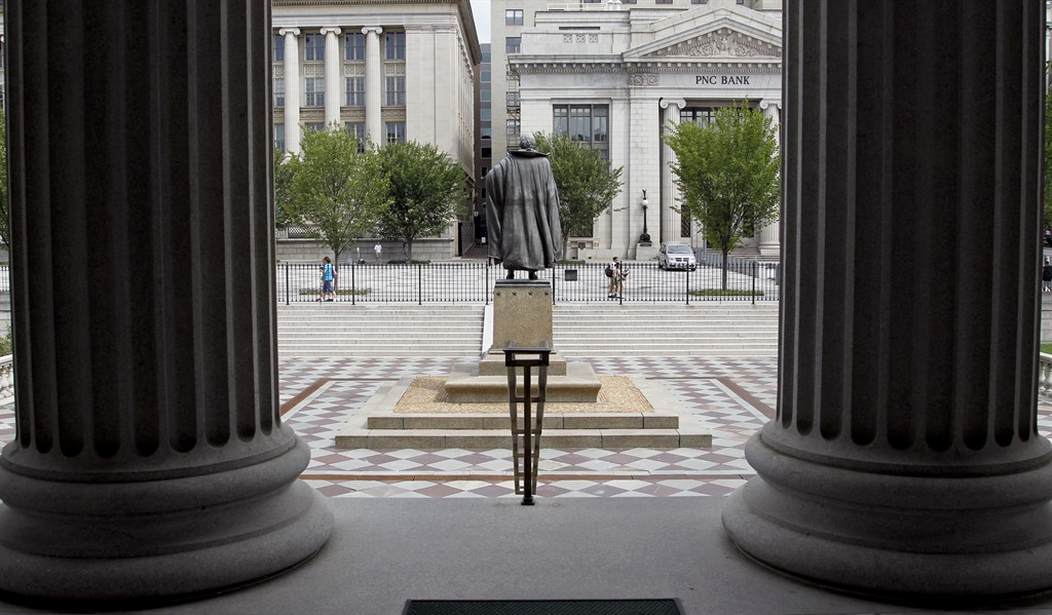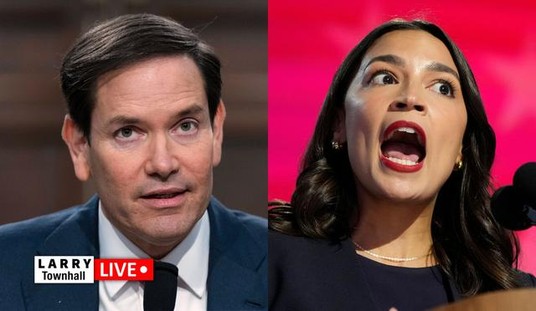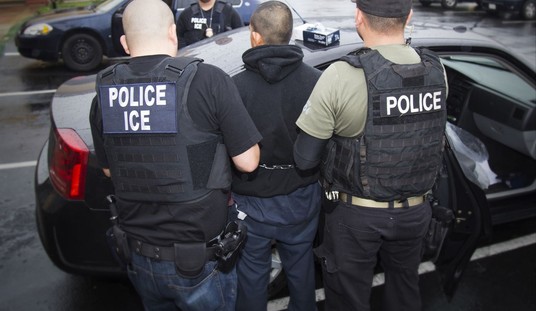Policy
It is called Chapter 12 of the Code of Federal Regulations. That is where all the rules for regulating America’s vast banking system are codified. Following years of complaints by companies that banks are denying them lending, credit and services, the Department of the Treasury’s Office of the Comptroller of the Currency has decided to act to reinforce its mandate to ensure fair access to banking and financial services to all legitimate businesses regardless of their political or philosophical persuasion.
The problem, as described in the OCC’s Notice of Proposed Rulemaking (NPRM) is that banks have been practicing discriminatory “de-banking” of politically disfavored clientele.
The lightning rod of the problem began in the 2014 to 2016 timeframe when bank regulators instructed banks to cease access to services discrimination following the declaration to an end to Operation Chokepoint, a failed policy that attempted to use restrictions on the firearms industry to combat criminal activity related to the US War on Drugs under the premise of combatting money laundering. The fiasco exploded in the government’s face when a parallel program called Fast and Furious turned out to be one of the sources of that money laundering activity.
In the years 2016 to 2020, banks privatized the bad practices of Operation Chokepoint and continued to de-bank not just gun companies, but other “sindustries” such as oil exploration, correctional facilities, family planning organizations, independent non-bank owned automated teller machine networks, industrial farming, and other activities that are part of the overall landscape of a vast and vibrant US economy.
As Gun Industry Continues to Be Shunned by Banks, Regulators Move to Enforce Fair Access
The NPRM disdains bank use of unsafe and unsound business practices based on personal beliefs and opinions, ungrounded risk assessments, and speculative assumptions about future political and legal changes. None of this has anything to do with the banking system’s role in the economy to deliver fair access and services. All of it is subject to the whimsy of people within the banks making discriminatory decisions in private that undermine trust in the US financial system.
The Fix
The OCC now proposes to add a new Part 55 to 12 CFR to codify the requirement that banks operate in a fair access to services manner. The language of 12 CFR 55 as proposed will directly impact the largest (over $100 billion asset class) banks in the country. There are around 200 of them out of over 5,000 banks in the country; but these largest banks control the majority of the business banking services capacity for the US economic engine. Here is the text of the proposed rule,
PART 55 – FAIR ACCESS TO FINANCIAL SERVICES
Sec. 55.1 Fair Access to Financial Services.
Authority: 12 U.S.C. 1 et seq. and 12 U.S.C. 93a.
- 55.1 Fair Access to Financial Services.
(a) For purposes of this section:
(1) (i) Covered bank means an entity for which the Office of the Comptroller of the Currency is the appropriate Federal banking agency as defined in 12 U.S.C. 1813(q)(1) that has the ability to:
(A) Raise the price a person has to pay to obtain an offered financial service from the bank or from a competitor; or
(B) Significantly impede a person, or a person’s business activities, in favor of or to the advantage of another person.
(ii) A bank is presumed not to meet the definition of covered bank in paragraph (a)(1)(i) if it has less than $100 billion in total assets.
(iii) A bank is presumed to meet the definition of covered bank in paragraph (a)(1)(i) if it has $100 billion or more in total assets. A bank that meets the criteria in this paragraph (a)(1)(iii) can seek to rebut this presumption by submitting to the Office of the Comptroller of the Currency written materials that, in the agency’s judgment, demonstrate the bank does not meet the definition of covered bank in (a)(1)(i).
(2) Financial service means a financial product or service.
(3) Person means:
(i) Any natural person; or
(ii) Any partnership, corporation, or other business or legal entity. 19
(b) To provide fair access to financial services, a covered bank shall:
(1) Make each financial service it offers available to all persons in the geographic market served by the covered bank on proportionally equal terms;
(2) Not deny any person a financial service the bank offers except to the extent justified by such person’s quantified and documented failure to meet quantitative, impartial risk-based standards established in advance by the covered bank;
(3) Not deny any person a financial service the bank offers when the effect of the denial is to prevent, limit, or otherwise disadvantage the person:
(i) From entering or competing in a market or business segment; or
(ii) In such a way that benefits another person or business activity in which the covered bank has a financial interest; and
(4) Not deny, in coordination with others, any person a financial service the bank offers.
A “Twitter War” on Regulations.gov
The rule is currently in a comment period as DOCKET OCC-2020-0042. The comment period ends on January 4, 2021 … and there is a battle going on about it.
Following my publishing my story on Red State earlier this week, I checked the OCC’s comments page to the proposed rule for Fair Access to Financial Services. What I found was an unusual pattern of comment activity.
Normally, comment letters to bank regulators are dry technical missives written in ministerial language. But following the articles appearing about oil exploration in the WSJ and on 2A like the one I did, there has been an uptick in comments coming into the OCC’s comment page. This is the link to view the comments filed so far.
I did what CIA and NSA people would call a “traffic analysis” of the 353 comments logged for OCC-2020-0042. First thing to pop out is that a review of the comments clearly shows that at least one anti-gun organization looks to be actively sending out form letters to ask people to make “I do not support” comments about the rule. I did not detect any organized grassroots activity by the firearms lobbying organizations active in a mirror of the anti-gun form letter campaign, which personally, is not surprising; although, I am curious to see how this aspect of things plays out by the time January 4 comes and the comment period closes.
Other commenters in support of the rule come from a collection of what look to be individual firearms supporters, but only one so far from a gun industry company, and financial industry commenters. I also spotted a couple of commenters whose motivational issues were oil exploration and climate change.
My Comment
I’ve commented to Notices of Proposed Rulemaking many times in the past. Mine are in the form of that technical and ministerial language that pinpoints where and how a regulator can make a constructive change to their draft rule, with the supporting rationale for why that change is additive to the work they have already done. The bottom line is that I suggested the addition of one item to the OCC draft,
Suggested addition,
55.1 (a) (1) (iv) Directors, officers, and employees of a covered bank shall be held to the same fiduciary standards as the covered bank.
Yup that’s it. If the OCC puts that into place, all the errant “agency” that has crept into the system since 2016 evaporates and the economy gets back to being fair again.














Join the conversation as a VIP Member